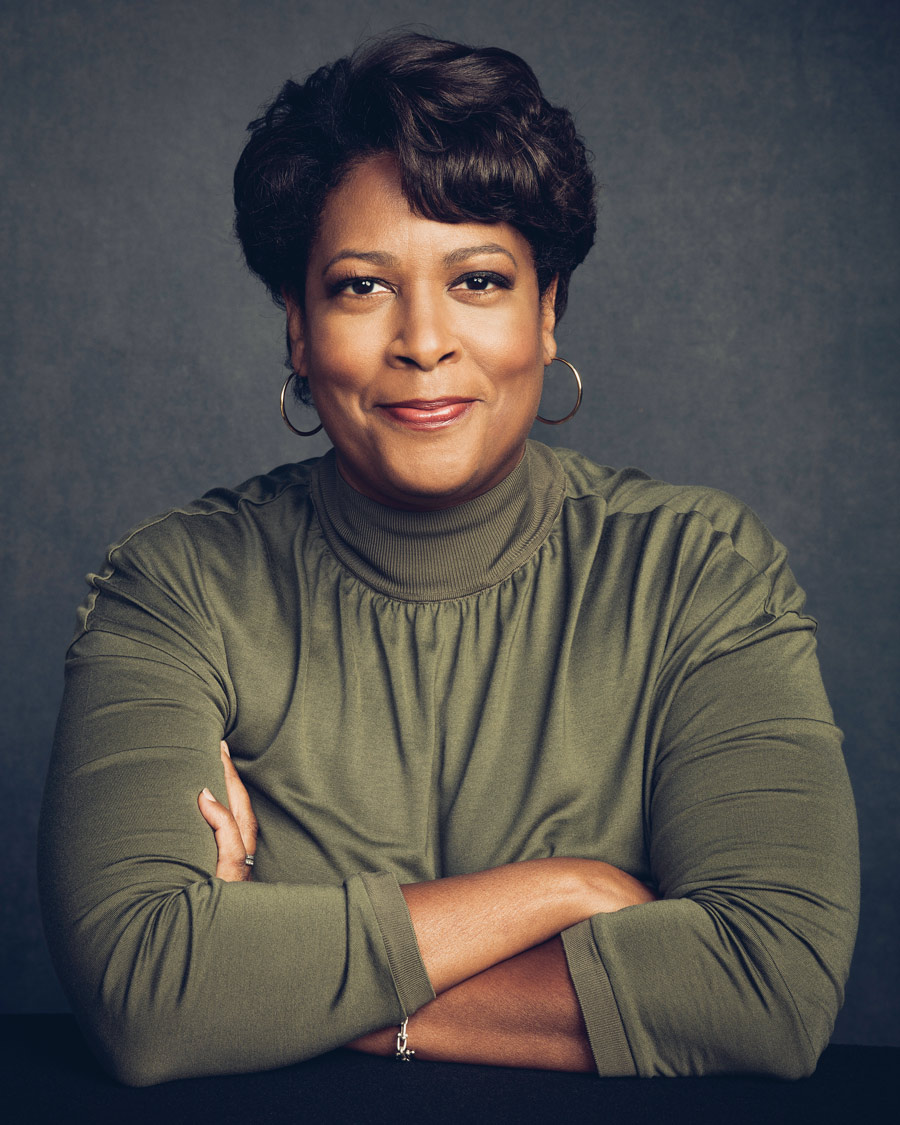bearing witness
“Turns out being a lawyer is really great for being a documentary filmmaker,” she says. “It’s a lot of interviewing people, a lot of listening and observation. It’s taking something complicated and making it understandable to a lay audience. It’s just a Swarthmorean thing to do.”

Filmmaking is a perfect fit.
One of her latest projects The Me You Cannot See, 2021, in collaboration with Oprah Winfrey and Prince Harry, explores mental health.
The idea for Trapped came during her first-ever trip to Mississippi. She had lunch with a doctor who lived in Chicago but commuted to Mississippi because the state had no abortion doctors. “What?!” Porter thought. What’s more, the abortion clinic he served was closing. “This couldn’t wait,” she says. “We got an emergency $5,000 to start.”
Trapped (2016) won a Peabody, a Sundance Film Festival award, and more. It elicited standing ovations and threats against her family. “Nobody cared about public defenders,” says Porter. “But they cared about abortion.” Perhaps her most tender moments as a filmmaker came from meeting civil rights icon John Lewis while directing her 2020 movie John Lewis: Good Trouble. “He was the brightest light,” she says. “I really wanted him to see the movie.” After learning he was sick, she flew to his house and showed him the film on her laptop in his living room. “The film came out around July 4th, which I loved, because he was the biggest patriot,” she says. Lewis always found the bright side to struggle, including Black Lives Matter protests in 2020. “One of the last things he said was, ‘People say there’s no progress, but people marched in every state. Look at that. Look at that.’”
What’s next? Projects range from a probe of Title IX and the Supreme Court to Cirque de Soleil. “I needed something bright,” she says.